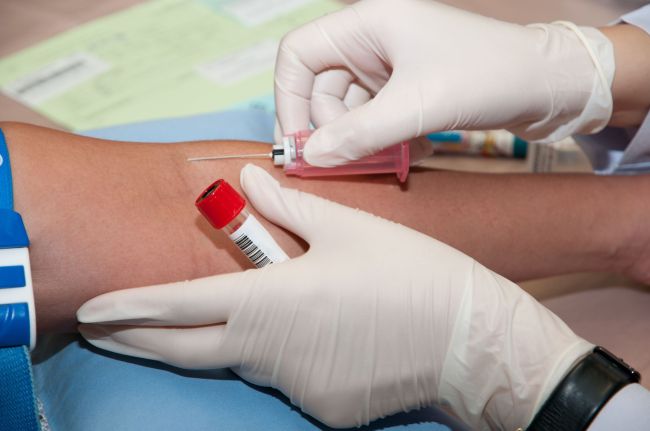More than 95 percent of South Koreans are against the Health Ministry‘s decision to bar geriatric hospitals from rejecting AIDS patients, the Korean Association of Geriatric Hospitals claimed Friday, citing their own research.
The organization surveyed earlier this year a total of 5,627 South Koreans, including 674 family members of senior patients who needed geriatric care, as well as 996 health care workers in medical facilities that treat elderly inpatients.
The research found that 95.9 percent of the respondents said they are against the government’s decision last year to prohibit geriatric medical facilities from rejecting AIDS patients who wish to be treated as inpatients. Also, 96.2 percent of them said the newly introduced legislation should be abolished.
 |
| 123RF |
The Korean Association of Geriatric Hospitals claimed that most geriatric hospitals here currently don’t have medical experts who specialize in AIDS care. It also asserted that AIDS patients who have tuberculosis may increase the infection risk for vulnerable senior patients, especially those with weakened immune systems due to chronic or preexisting medical conditions.
A reasonable solution, according to the organization, would be to designate 23 of the geriatric hospitals as official long-term care centers for AIDS patients, instead of “enforcing” all geriatric facilities equally to accept the government measure.
The government, however, labeled such concerns as unnecessary and discriminatory.
“Regardless of AIDS infection, a TB patient cannot be treated at institutions that do not have proper quarantine facilities,” said an AIDS policy supervisor at the Health Ministry-affiliated Korean Centers for Disease Control and Prevention who requested not to be named.
“The survey contains a number of discriminatory and stereotypical remarks against AIDS patients.”
The center‘s data showed that a total of 12,757 AIDS cases were reported in the country from 1985-2014. Among them, 9,615 of them were Koreans, while the remaining were foreign-born residents. Also, 92.4 percent of the reported patients were male.
The Korean Alliance to Defeat Aids, one of the major advocacy groups for AIDS patients, declined to comment on the issue when approached by The Korea Herald.
By Claire Lee (dyc@heraldcorp.com)

